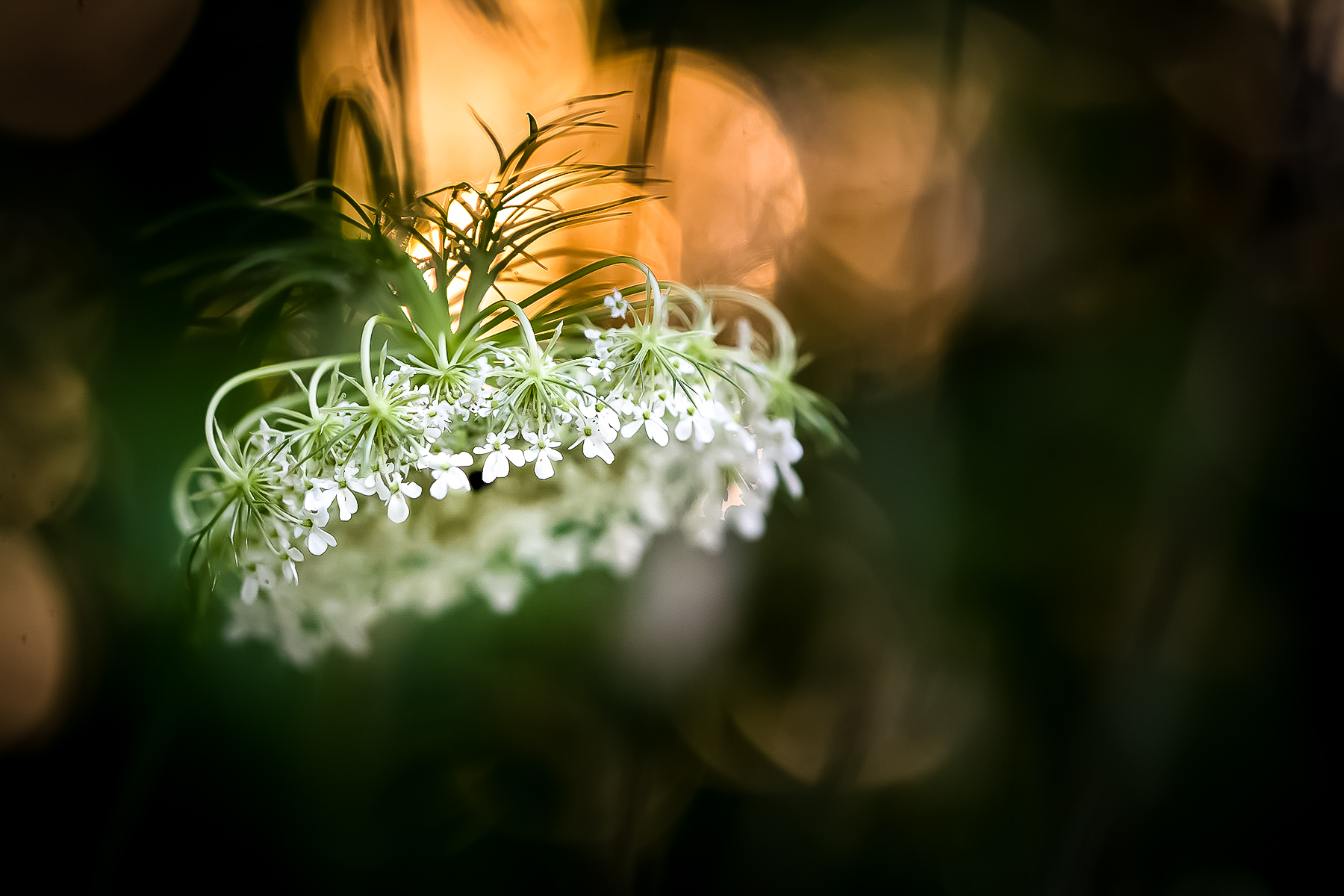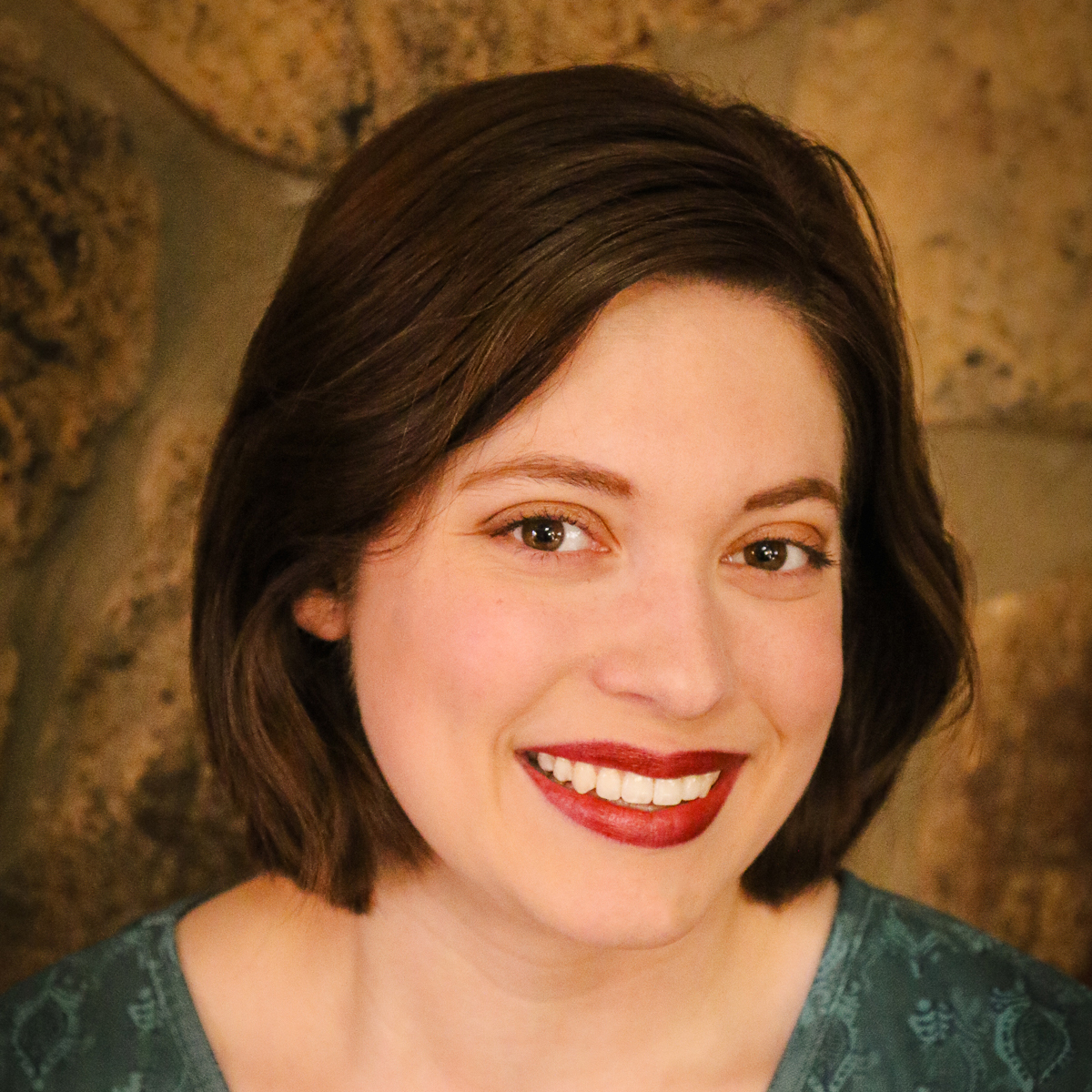In Laura Ingalls Wilder’s novel Farmer Boy, nine-year-old Almanzo wakes up one morning to a bitterly cold wind and a panicking father. The Wilders have already brought in most of their fall crop, and it’s been a season of fun and abundance. But with this abrupt change in weather, harvest becomes a race against time. Almanzo and his siblings must dig up all their potatoes before frost blankets the fields…and they only have a day or two to spare.
“They hardly stopped at noon to eat. They worked at night until it was too dark to see…The ground was cold and the potatoes were cold, and a sharp, cold wind blew gritty dust into Almanzo’s eyes. He and Alice were sleepy. They tried to hurry, but their fingers were so cold that they fumbled and dropped potatoes…”[i]
This may sound strange—and I don’t want to trivialize the trials of 19th-century farm life—but I find myself relating to Almanzo and Alice this autumn. In many ways, 2020 has been a cold, dreary year. I’ve felt as if I, too, had gritty dust in my spiritual eyes. I’ve been mentally and emotionally exhausted, and my numbing fingers have fumbled in the dark.
But like Almanzo and Alice, I’ve somehow managed to keep trudging through the fields. Despite everything, I’ve broken through the hard, icy dirt over my heart and brought up, with shivering hands, the fruits God planted there two years ago this month.
Back in September 2018, I was discouraged and unsure of myself. My sister was getting married, and while I was (and remain!) intensely happy for her, the upcoming wedding churned up every conceivable insecurity you might imagine for a very single, oldest sister.
But amid all this frenetic activity and emotional instability, God was at work in ways I never saw coming. Barely a month before my sister’s wedding, I stumbled upon a concept that transformed the way I viewed myself and the world around me: “sacramentality.”
This is a worldview saturated with God’s truth, goodness, and beauty. It holds in balance both the glory and the peril of the seen and unseen worlds. It values the human imagination as a critical part of being made in the image of a gratuitously creative God. It celebrates the senses and the physicality of the world as good and perfect gifts from the Father of Lights—and it resonated with me. The longer I studied sacramentality and understood its implications, the more I knew I’d finally found the active-contemplative Christianity I’d been looking for all of my life.
Christian orthodoxy had always been ensconced in my intellect. Now it made its way into my heart and my practical, everyday life.
For example: if God not only created the world but actively loves and cares for it today, at this moment, then I should love and care for it, too.
If He established daily, yearly rhythms for His people thousands of years ago that helped them remember His goodness, then spiritual practices like morning prayer and liturgical seasons can help me remember His faithfulness, as well. If He’s constantly, consistently guided the Church throughout the ages (and not just after the Year of Our Lord 1517), then I’m more than free to study the wisdom of the Church Fathers and the Christian mystics of old.
For two years, this incarnational, sacramental way of life has brought me contentment, joy, and courage. I have no doubt the Lord used it to draw me into a deeper, more intimate relationship with Him.
But now fast-forward to 2020. It was fine those first two months. We heard whispers of a virus in China, of course, but I didn’t give it much thought until everything turned upside down. In one fell swoop, Quarantine Life robbed us all of community and fellowship—and within weeks of the first stay-at-home orders, riots and civil unrest exploded across the nation. I’ve been angry, anxious, lethargic, resentful, and heartbroken. For a good four months or so, keeping the intrinsic goodness of daily life in mind felt like hunching my shoulders against a cruel wind.
But even as I wrestled with my negative emotions, I couldn’t forget. I kept remembering the joy I felt when I first equated “glorifying God and enjoying Him forever” with a sacramental view of His world. I remembered my tearful relief when I realized storytelling wasn’t just my hobby, but my ministry. I recalled my sense of fellowship and camaraderie when I first discovered Hildegard of Bingen and Catherine of Siena…my gleeful triumph the first time I celebrated Easter after observing Lent…and the burst of passion (very unlike me!) when I finally embraced Peter’s words about Jesus for myself: “Though [I] have not seen Him, [I] love Him.” (1 Peter 1:8, ESV)
God had planted those delights deep in my soul, and despite a bad case of the doldrums, I still desired them. An “early frost” gave those spiritual plants a bit of a shock, yes, but that’s probably not unusual. Perhaps it was just a sign that it was high time I harvested the gifts He’d given me.
Hard days may still be ahead; I’m not about to convince myself otherwise. But as 2020 grinds to a close, I’m taking a few deep breaths and harvesting in the darkness what God sowed and I tended in the light:
Even in isolation, I choose to embrace sacrament—because every moment is still holy, a gift to be received as gladly and gratefully as it was in merrier times.
Even when the days run together, I choose to continue my steadying, stabilizing spiritual practices—not because they earn me any merit with God (they don’t), but because they keep my heart, soul, and mind fixed on the One I love most.
Even when the world is cynical and savage, I choose to cultivate courage and whimsy—because as G.K. Chesterton once put it, “Man is more himself…when joy is the fundamental thing in him, and grief the superficial…Pessimism is at best an emotional half-holiday; joy is the uproarious labor by which all things live.”[ii]
Even when Satan tempts me to despair, I choose Christ—my patient Friend and the Lover of my soul, who exercises as much control over pandemics and riots as He does over the tossing and wrestling of my heart.
Harvest is back-breaking work. But the fields are ready, and I trust their yield will keep and sustain me through whatever the next few months might bring.
Footnotes:
- Wilder, Laura Ingalls. Farmer Boy. HarperCollins, 1971.
- Chesterton, G.K. Orthodoxy. Sam Torode Book Arts, 2016
The featured image is courtesy of Julie Jablonski and is used with her kind permission for Cultivating and The Cultivating Project.
Maribeth Barber Albritton is an author, wife, mother, and small business owner. She serves as Director of Media and Communications for The Cultivating Project and contributes to the production of Cultivating Magazine’s print editions. She also works as an Executive Assistant at The C.S. Lewis Foundation.
Maribeth has a deep love for history, literature, and film. These keen interests inspired her debut science-fiction novel, Operation Lionhearted, as well as her blog, A Writer’s Tale, where she’s written a number of book and movie reviews from the angle of the Christian imagination.
Maribeth, her pastor-husband Casey, and their daughter Molly live in rural Mississippi in a red-brick manse they’ve affectionately named “Crickhollow.”
Leave a Reply
A Field Guide to Cultivating ~ Essentials to Cultivating a Whole Life, Rooted in Christ, and Flourishing in Fellowship
Enjoy our gift to you as our Welcome to Cultivating! Discover the purpose of The Cultivating Project, and how you might find a "What, you too?" experience here with this fellowship of makers!


Thanks, Maribeth. I can relate to having known joy and now just plodding along in the cold, and the insecurity that comes with a sister getting married. Thank you for the reminder to choose to put Christ first.
Dear Emily,
I’m so glad this post blessed you. I am being reminded even this week that the Lord is so patient with our plodding; he knows we are but dust! Choosing to put Jesus first in our lives is a lifelong practice, but by His grace, we *will* reap a good harvest!